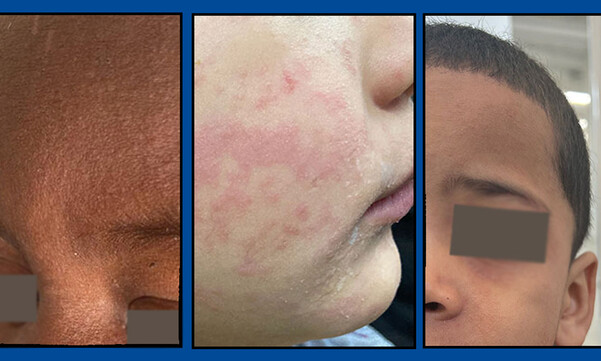The Duke Cancer Institute joined all 68 other top U.S. cancer centers in issuing a statement that urges increased HPV vaccinations to prevent cancer in response to low national vaccination rates for the human papillomavirus (HPV). These institutions collectively recognize insufficient vaccination as a public health threat and call upon the nation's physicians, parents and young adults to take advantage of a rare opportunity to prevent many types of cancer.
Responding to Call for Action to Cure Cancer
National Cancer Institute (NCI)-designated cancer centers joined in this effort in the spirit of President Barack Obama’s State of the Union call for a national “moonshot” to cure cancer, a collaborative effort led by Vice President Joe Biden.
"The ultimate in cancer treatment is actually preventing the disease,” said Michael B. Kastan, MD, PhD, executive director of the Duke Cancer Institute. “The HPV vaccine affords an opportunity for broad-based cancer prevention and we need to take advantage of this extraordinary opportunity to reduce cancer burden."
Vaccination Rates Remain Low in U.S.
According to the Centers for Disease Control and Prevention (CDC), HPV infections are responsible for approximately 27,000 new cancer diagnoses each year in the U.S. Several vaccines are available that can prevent the majority of cervical, anal, oropharyngeal (middle throat) and other genital cancers.
Vaccination rates remain low across the U.S., with less than 40 percent of girls and just over 21 percent of boys receiving the recommended three doses. Research shows that barriers to improving vaccination rates include inadequate counsel from physicians and a lack of understanding from parents that the vaccine protects against several types of cancer.
Work Underway to Identifying Barriers
To discuss strategies for overcoming these barriers, experts from the NCI, CDC, American Cancer Society and more than half of the NCI-designated cancer centers met in a summit last November. During this summit, cancer centers shared findings from 18 NCI-funded environmental scans, or detailed regional assessments, which sought to identify barriers to increasing immunization rates in pediatric settings across the country.
Read the NCI consensus statement on HPV vaccination.





